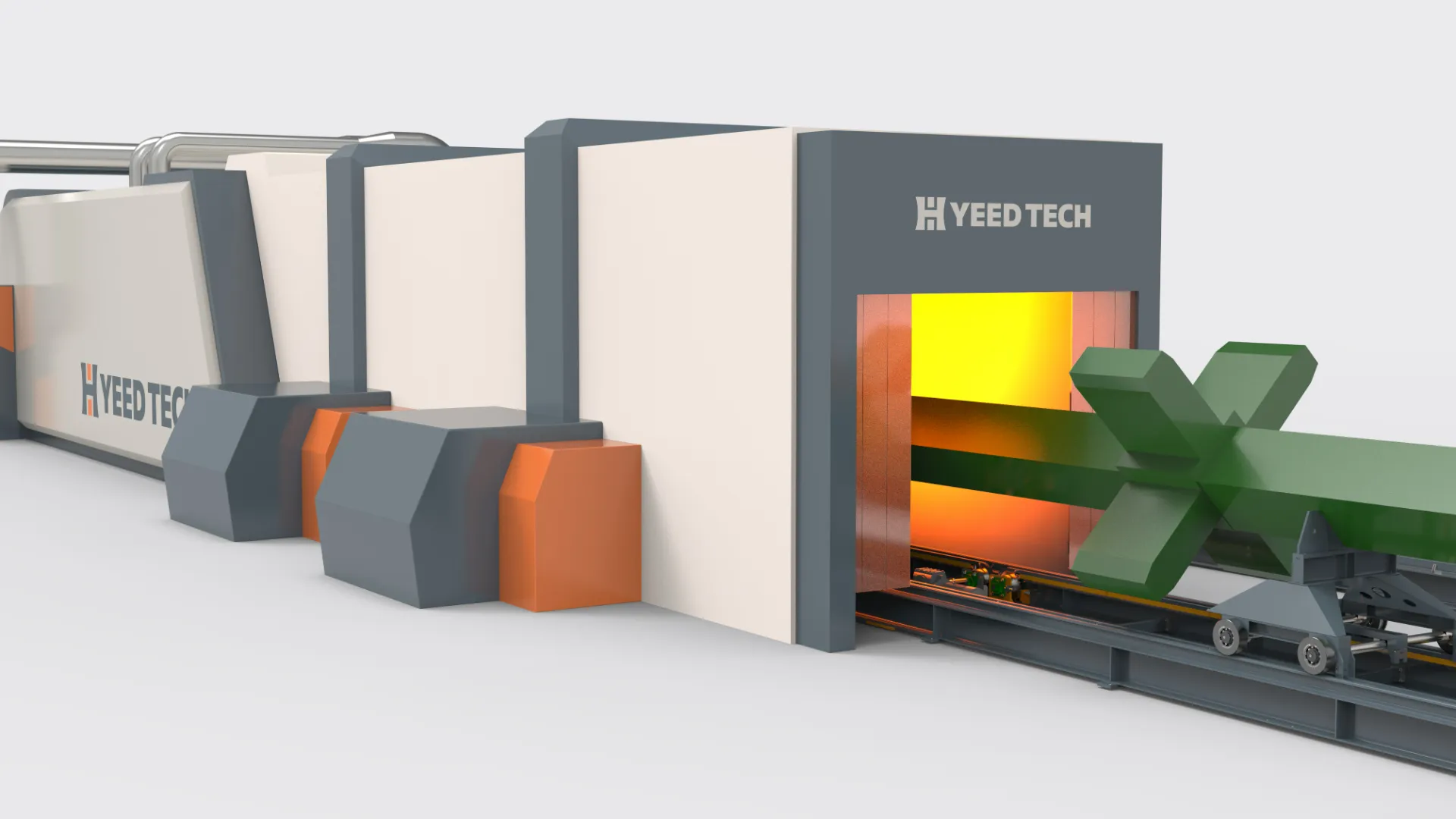One of the key advantages of pneumatic control valves is their ability to provide quick and accurate control over the process. By using air pressure to move the valve, operators can make fine adjustments to the flow of the fluid, leading to more efficient and reliable operation. This level of control is crucial in industries such as manufacturing, where precise regulation of temperature and pressure can greatly impact product quality.


